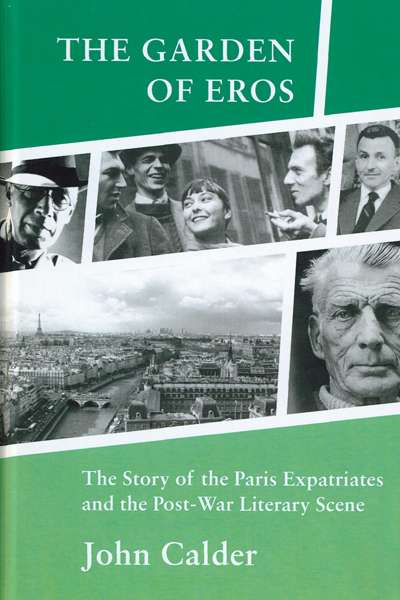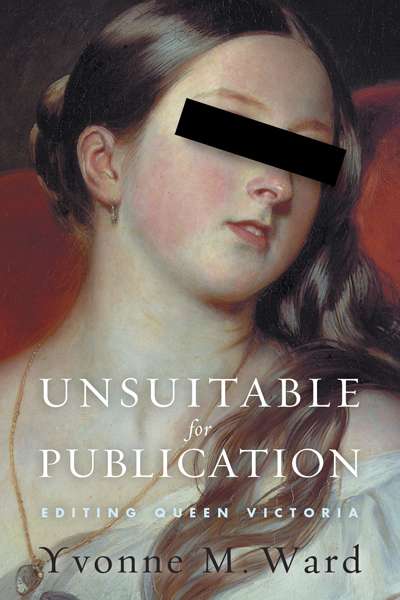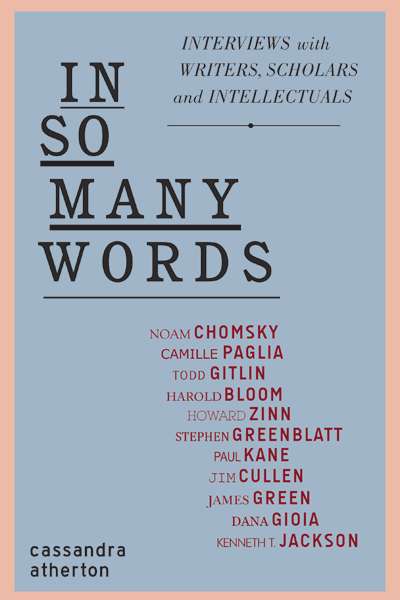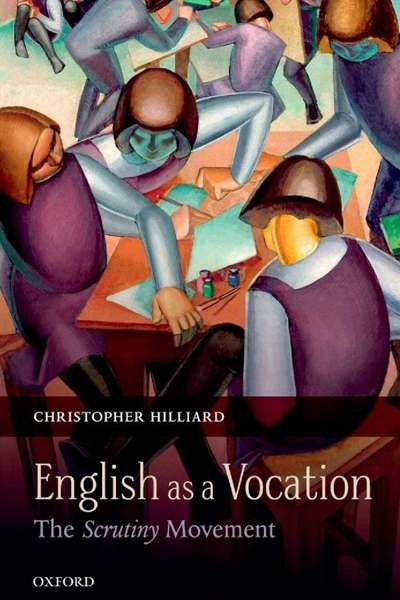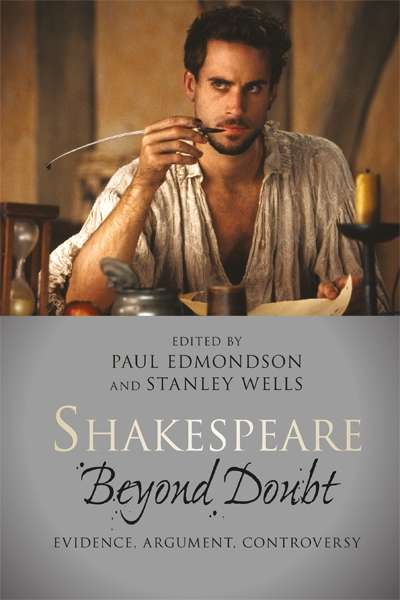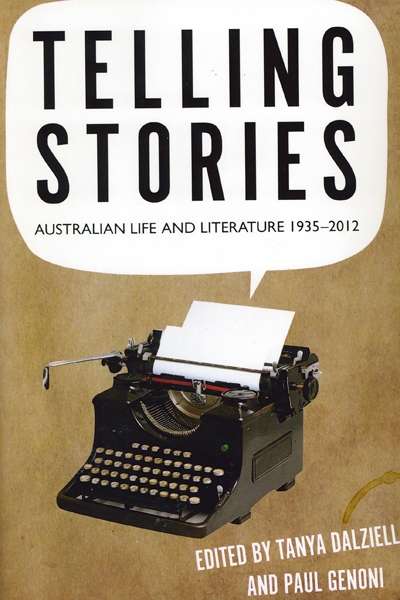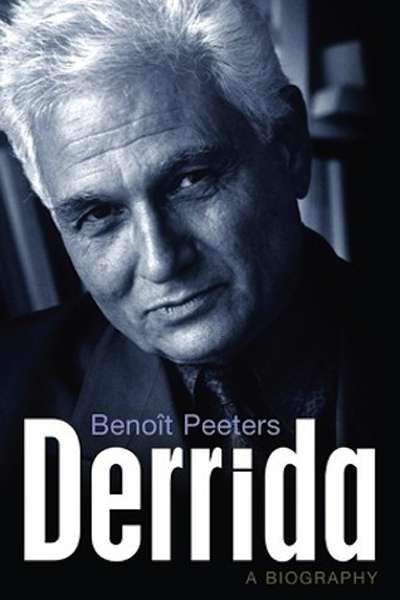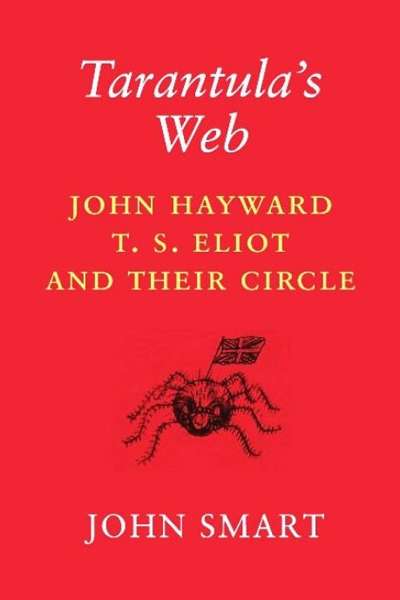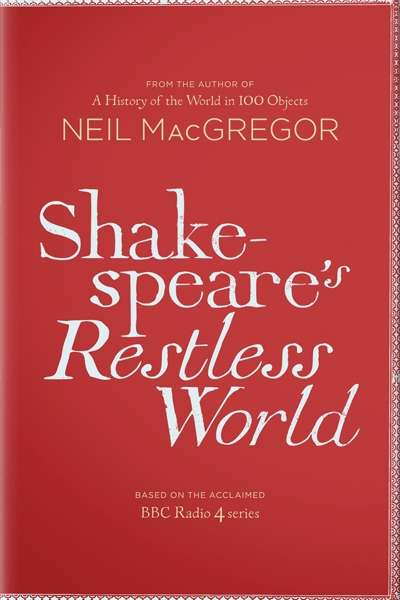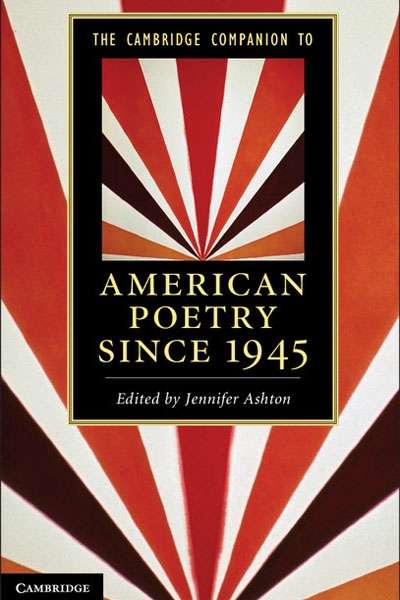Literary Studies
Great publishers seem to be scarcer than great writers, possibly because people grow up dreaming of being the next Hunter S. Thompson or Simone de Beauvoir rather than Sonny Mehta or Beatriz de Moura. Writers probably need publishers, but publishers definitely need writers. Such a fact has never seemed more tangible to me than as I read The Garden of Eros, John Calder’s account of the major literary events of his lifetime, which focuses on Maurice Girodias of Olympia Press, Barney Rosset of Grove Press, and Calder’s own Calder Publications. Between them they published dozens of the most important writers of the twentieth century: Marguerite Duras, Samuel Beckett, Vladimir Nabokov, Eugène Ionesco, Alexander Trocchi, William S. Burroughs, Claude Simon, Henry Miller … the list goes on. Calder himself published eighteen Nobel Prize winners.
... (read more)Unsuitable for Publication: Editing Queen Victoria by Yvonne M. Ward
When Queen Victoria died she had ruled the British Empire for sixty-three years. In the same year as her ascent to the throne, the capital of the colony of Victoria was christened Melbourne, after her first prime minister. She died in 1901, soon after Federation. After her death, her real character remained largely unknown for decades (Lytton Strachey’s seminal biography was still twenty years hence). The public regarded Victoria as dour and was oblivious to her remarkable qualities. Any concern for her reputation was then lost beneath the carnage of two world wars and multiple mass conflicts. How this happened is the subject of Unsuitable for Publication.
... (read more)In So Many Words: Interviews with Writers, Scholars and Intellectuals by Cassandra Atherton
I have often thought that a large part of achievement is just fronting up; having an idea and acting on it, however unlikely success might seem. What you need is a resolution (or the disposition) not to be discouraged by failure and to be pleasantly surprised by success. If it doesn’t work, you try something else. You make the most of any opportunity. You should also jettison a conventional sense of the social niceties. You’re going to Boston for your honeymoon. Hey, why not ask Noam Chomsky for an interview?
... (read more)English as a Vocation: The Scrutiny movement by Christopher Hilliard
Christopher Hilliard’s meticulously researched and richly detailed English as a Vocation: The Scrutiny Movement opens with a historical anecdote regarding an after-hours, postwar negotiation ‘between literary analysis and popular culture’ undertaken in that most evocative of English holiday destinations: Scarborough. In these opening lines, Hilliard describes how the founder and director of Birmingham University’s renowned Centre of Cultural Studies, Richard Hoggart, working in an earlier capacity as an adult education tutor in North Yorkshire, spent his evenings in the late 1940s combining classes on Shakespeare with sessions scrutinising advertising rhetoric and the language of newspaper articles.
... (read more)Shakespeare Beyond Doubt: Evidence, argument, controversy edited by Paul Edmondson and Stanley Wells
It was not until the middle years of the nineteenth century, so far as we can tell, that anyone seriously doubted that the man from Stratford-upon-Avon called William Shakespeare had written the plays that for the past two and a half centuries had passed without question under his name. In the early 1850s, however, a private scholar from Connecticut named Delia Bacon began to develop an alternative view. She believed that the plays had been composed not by Shakespeare but by a syndicate of writers headed probably by Francis Bacon, whom she later came to think of as her distant ancestor.
... (read more)Telling Stories: Australian Life and Literature 1935–2012 edited by Tanya Dalziell and Paul Genoni
Telling Stories is a great brick of a book full of diverting bits and pieces about Australian culture over the past seventy-seven years. It is hugely entertaining – a sort of QIin book form, with seventy-nine authors offering their brief observations on aspects of Australian cultural life. No one will read it cover to cover: it’s the sort of book you can leave about the house for anyone to pick up and amuse herself with for fifteen minutes or so. They can jump from titbits about rock music, or children’s novels, films or poetry, or serious pieces on the slow movement towards understanding Australia’s Aboriginal heritage. The editors suggest it is ‘a twenty-first century cabinet of curiosities’. By and large, it creates an optimistic, even celebratory, account of the experience of Australian life in the twentieth century.
... (read more)Derrida: A Biography by Benoît Peeters, translated by Andrew Brown
Tarantula's Web: John Hayward, T.S. Eliot and their Circle by John Smart
Private Eye said of Stephen Spender that he wasn’t so much famous as that he knew a lot of famous people. They might have said the same of John Hayward. His editorial and scholarly work notwithstanding, it’s doubtful that a biography of him would have been written had it not been for his close friendship with the premier poet of the twentieth century, T.S. Eliot.
... (read more)The humanities are currently experiencing what’s been called a ‘material turn’ that is in some ways comparable to the linguistic turn that animated the academy half a century ago. Then it was language that commanded attention, and appeared to constitute a primary ‘reality’; now the focus is on physical objects, and what they can tell us about the world in which we live. Within certain humane disciplines – art history, archaeology, museum studies – objects have always loomed large, and it is therefore not surprising that a leading figure in the present field should be the distinguished director of the British Museum, Neil MacGregor, whose brilliant study, A History of the World in 100 Objects (2011), has deservedly won both popular and scholarly acclaim.
... (read more)The Cambridge Companion to American Poetry Since 1945 edited by Jennifer Ashton
The scene: a cold, bright January day in the snow-covered capital of the United States. The occasion: the presidential inauguration of John F. Kennedy. Up to the podium steps America’s unofficial poet laureate, eighty-six-year-old Robert Frost. Temporarily blinded by the glare of brilliant sunshine and freshly fallen snow, Frost sets aside the handwritten text of his specially prepared ‘Dedication’ and recites from memory a much earlier poem, ‘The Gift Outright’.
... (read more)

